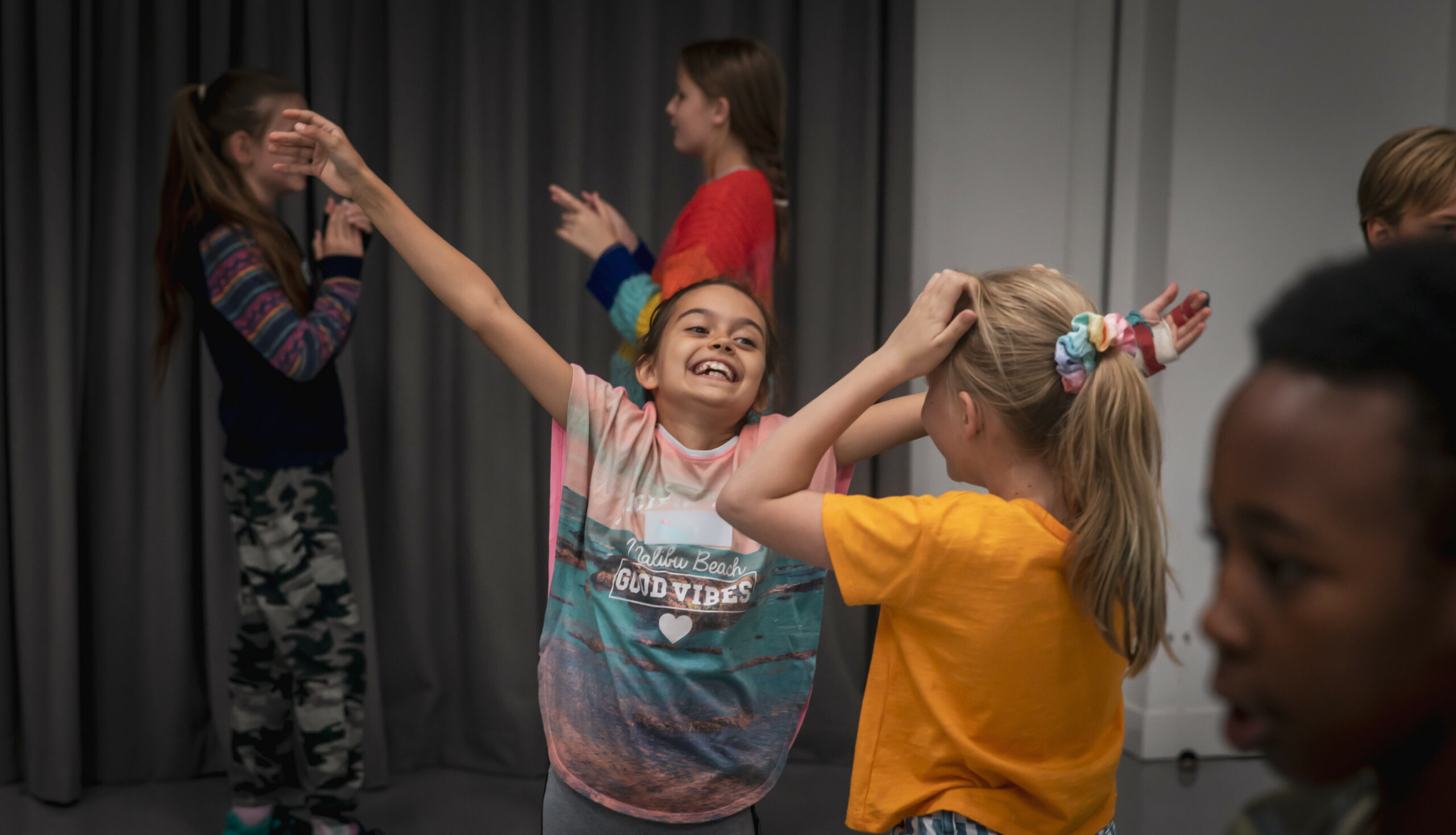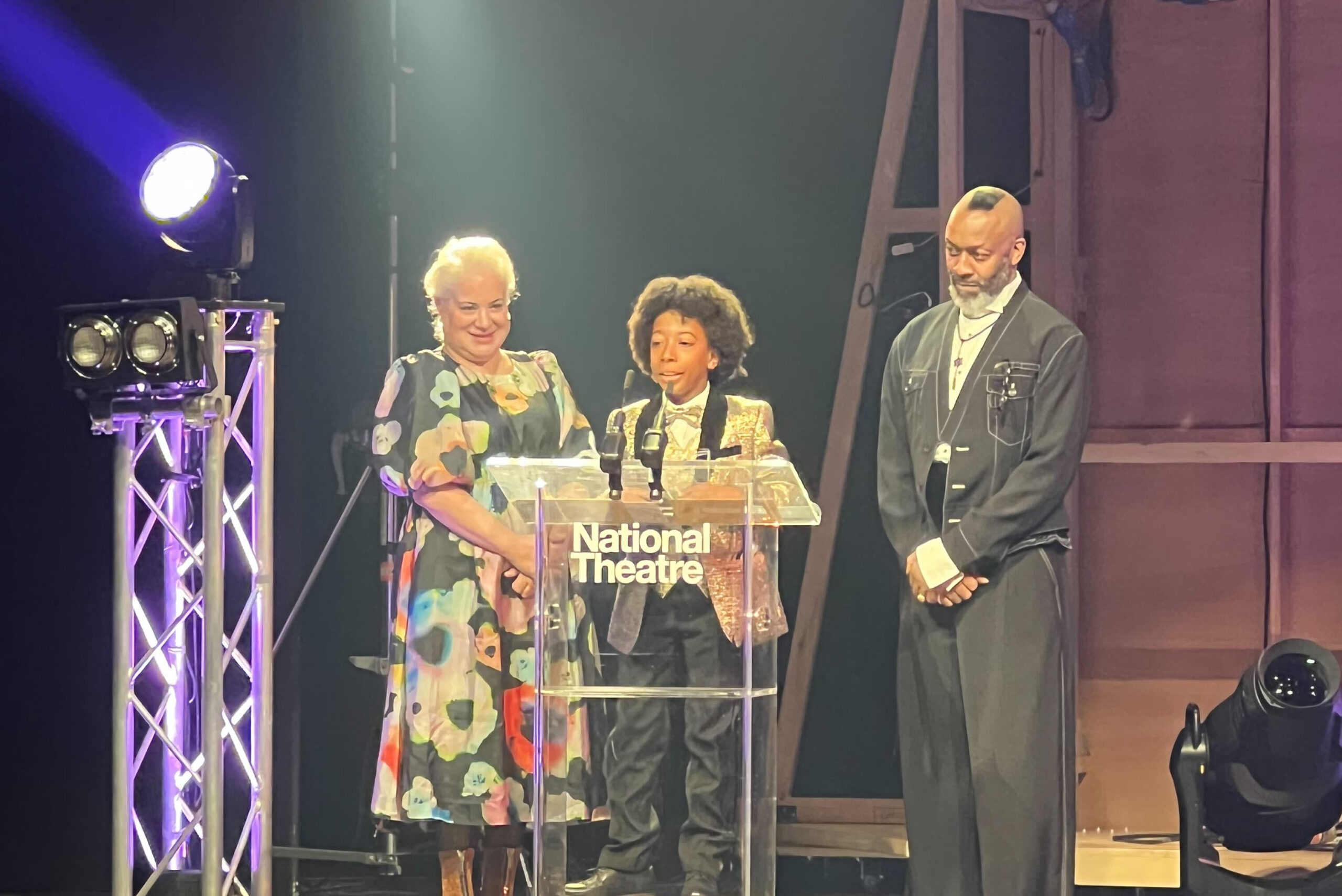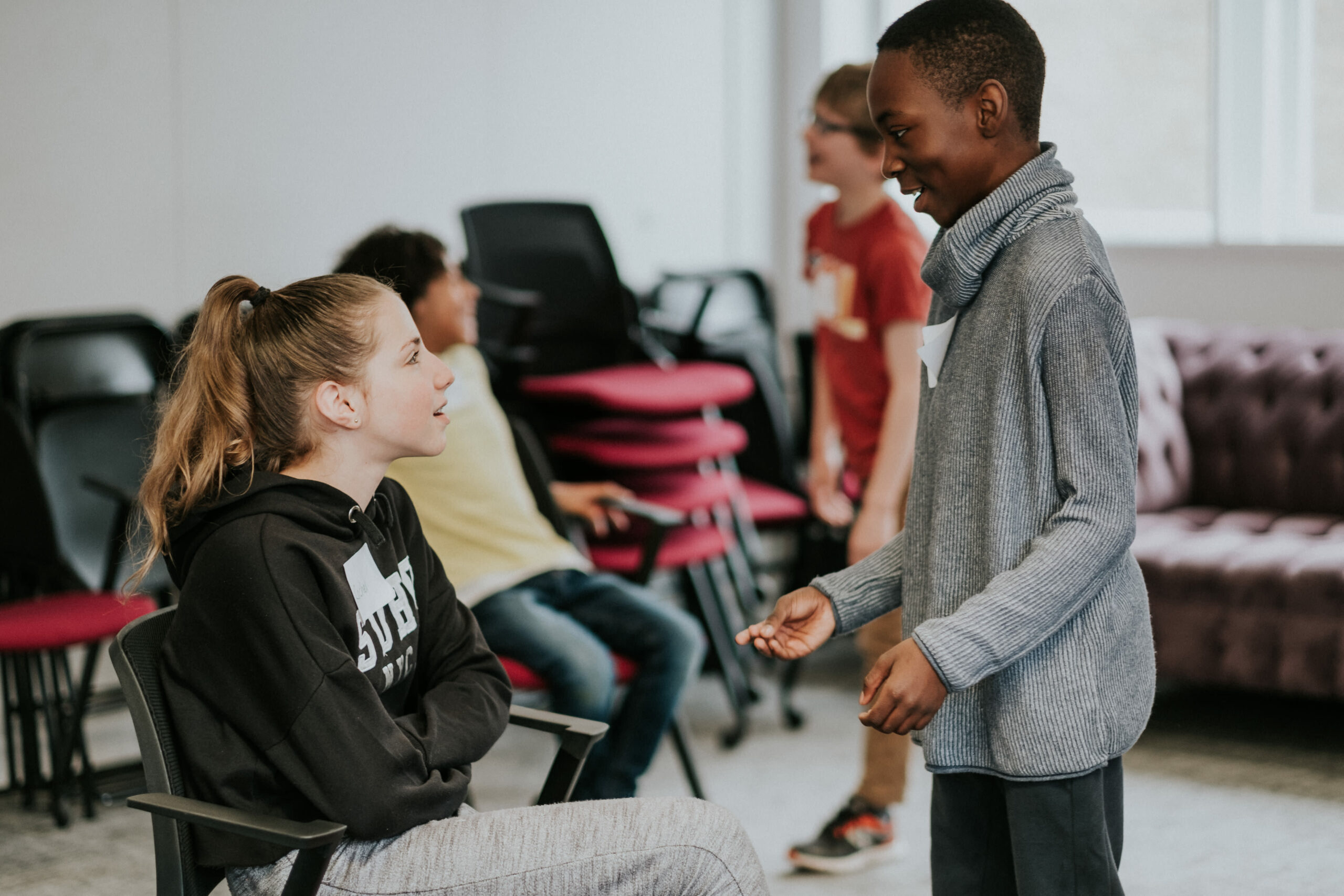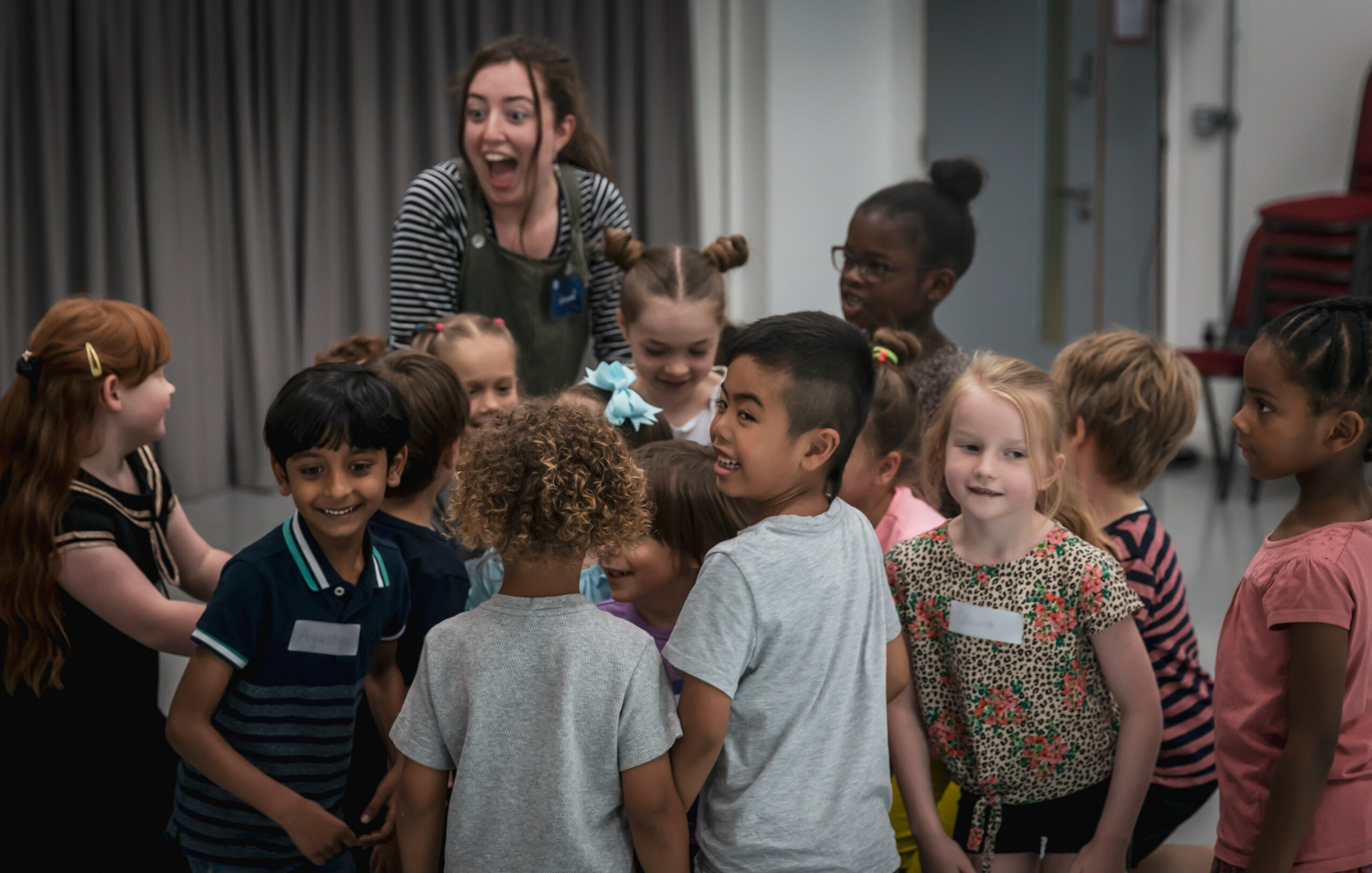Top tips for keeping your child focused on their performing goals when it’s the last thing they feel like doing
The performing arts world is a space that provides constant opportunities to learn and grow – not only as performers but as human beings, too. In this industry, goals are big, and like anything worth having, reaching those goals takes time, hard work and dedication. Every baby step taken is a building block toward achieving our dreams – but sometimes when we’re in the thick of it, seeing that big picture can be difficult, and striving toward big goals can seem daunting.
Working in the performing arts world as an Exercise Scientist, this is something I often come across. Many of my clients struggle to consistently stay motivated and accountable. And that’s normal. It’s totally natural that at times your child (or even you as the parent or guardian) will feel tired, demotivated or distracted. By accepting those human traits, and embracing and understanding them, it makes it much easier to deal with moments when your child needs extra help to feel inspired to work towards their goals.
It’s also important to remember that the path toward their goals isn’t one straight line. It’s full of wonderful twists and turns and obstacles that will challenge them and help them to grow and learn important lessons about themselves. This all contributes to making your child a stronger, more well-rounded and interesting human being and performer. More often than not, when they feel like they’re taking two steps back, they’re actually gaining the most incredible insights and understandings and building resilience. These are some of the most useful tools for success in this career.
So often as performers, we’re taught that to progress we have to show up, practice hard and put in hours and hours of dedication. I hear this all the time from my clients – and as a performer myself – and it’s true. In order to grow and progress towards goals, putting in the work is essential, but that isn’t always so easy. Sometimes feeling demotivated or uninspired is one of those obstacles that your child will find in their path as a young performer. They’re told to stay accountable but oftentimes what they aren’t taught is how. And that’s essential.
So, how can you help your child to find motivation in moments when they need that extra support? Let’s look at a few practical things that you can do:
1. Self-reflection
If your child is struggling to work towards their goals, it’s important to understand why. Self-reflection exercises are a great tool to use to help your child articulate their feelings and help you gain insight as their parent or guardian. Consider these:
- Let them choose a notebook and encourage them to journal.
- Guide them through a short meditation.
- Or perhaps, your child would like to chat with you or someone else they feel comfortable with about how they are feeling.
Understanding the root of your child’s feelings will help you to determine the best plan of action moving forward. For example, if you discover that your child is struggling to work because they are physically exhausted, your approach moving forward would be different to if they were struggling to work because of anxiety.
2. Visualisation
Seeing the bigger picture can help remind your young performer what they are working so hard to achieve.
- Ask them what their goals are or what they would love to do when it comes to performing.
- Write down what they say or create a visual mood board.
Seeing their goals in front of them and having a clear idea of what they’re working towards will help to keep your child inspired. It will also assist you as their parent to determine the best path to take to help them reach their dreams.
3. Realistic goal setting
Help your child to set realistic and manageable goals that you know they can achieve. Short-term, simpler goals are just as important as long-term ones. These are the building blocks that they need in order to reach their big goals. In this way, you can help set your child up for success.
4. Reward the small wins
Celebrate your child’s progress and commitment no matter how small it seems. Positively reinforce the amazing effort and time that they are putting into performing. This will help to keep them motivated, keep their love of performing alive and in the long-term, help them to achieve the bigger goals that you have set together.
5. Piggybacking
Incorporate tasks into your child’s daily routine. Piggybacking on things that they already do naturally is a great way to save time and to help them quickly build new habits. For example, encourage them to do their physio exercises while they brush their teeth or recite their lines while packing their school lunch. Find what works for your child and tailor it to them.
6. Do it with a friend
Having a buddy is a great way to make tasks fun, and an excellent opportunity for your child to learn to motivate both themselves and others in a safe, positive environment. As a bonus, this is also a great way to encourage teamwork and to learn good sportsmanship while building strong, meaningful human connections.
7. Rest
Resting is essential for progression physically, mentally and emotionally. In fact, it’s arguably the most important ingredient for reaching goals. Make sure to schedule daily breaks and holidays (longer rest periods) for your child to work towards. Creating clear short-term and long-term timeframes and targets for your child to aim for will help them to stay motivated and ensure that all-important rest is included in their lives.
8. Persevering
Sometimes, your child will have to push through and put in that hard work when they don’t feel like it. Supporting them through this by setting an example for them and making it a team exercise is a great way to help your child to learn the perseverance and drive they need as young performers. Balancing this with rest and teaching your child to treat themselves with kindness is the best way to help them to persevere and stay motivated.
9. Exercise Science consultation
If you’re wanting extra one-on-one guidance for your child, you can always book a private online session with me to work more specifically on their individual needs and goals to get them performing at their best.
Well, there you have it! My top tips for keeping your child motivated and helping them thrive as they work towards their goals and achieve those big dreams. You’ve (both) got this.
Read more young performer tips and advice for parents and guardians.
 Ariella Barnett is an Exercise Scientist, Sports Physiologist and Performing Artist. Combining her experience as a professional Performing Artist with her expertise as an Exercise Scientist, Ariella guides industry professionals to reach new heights. Specialising in working with performing artists, Ariella optimises overall performance, manages well-being, embraces individuality and prevents injury, to ultimately build long, sustainable, successful careers.
Ariella Barnett is an Exercise Scientist, Sports Physiologist and Performing Artist. Combining her experience as a professional Performing Artist with her expertise as an Exercise Scientist, Ariella guides industry professionals to reach new heights. Specialising in working with performing artists, Ariella optimises overall performance, manages well-being, embraces individuality and prevents injury, to ultimately build long, sustainable, successful careers.
Headshot credit: Justin Munitz / Headshots Cape Town
Main image credit: Joanna Nicole Photography












